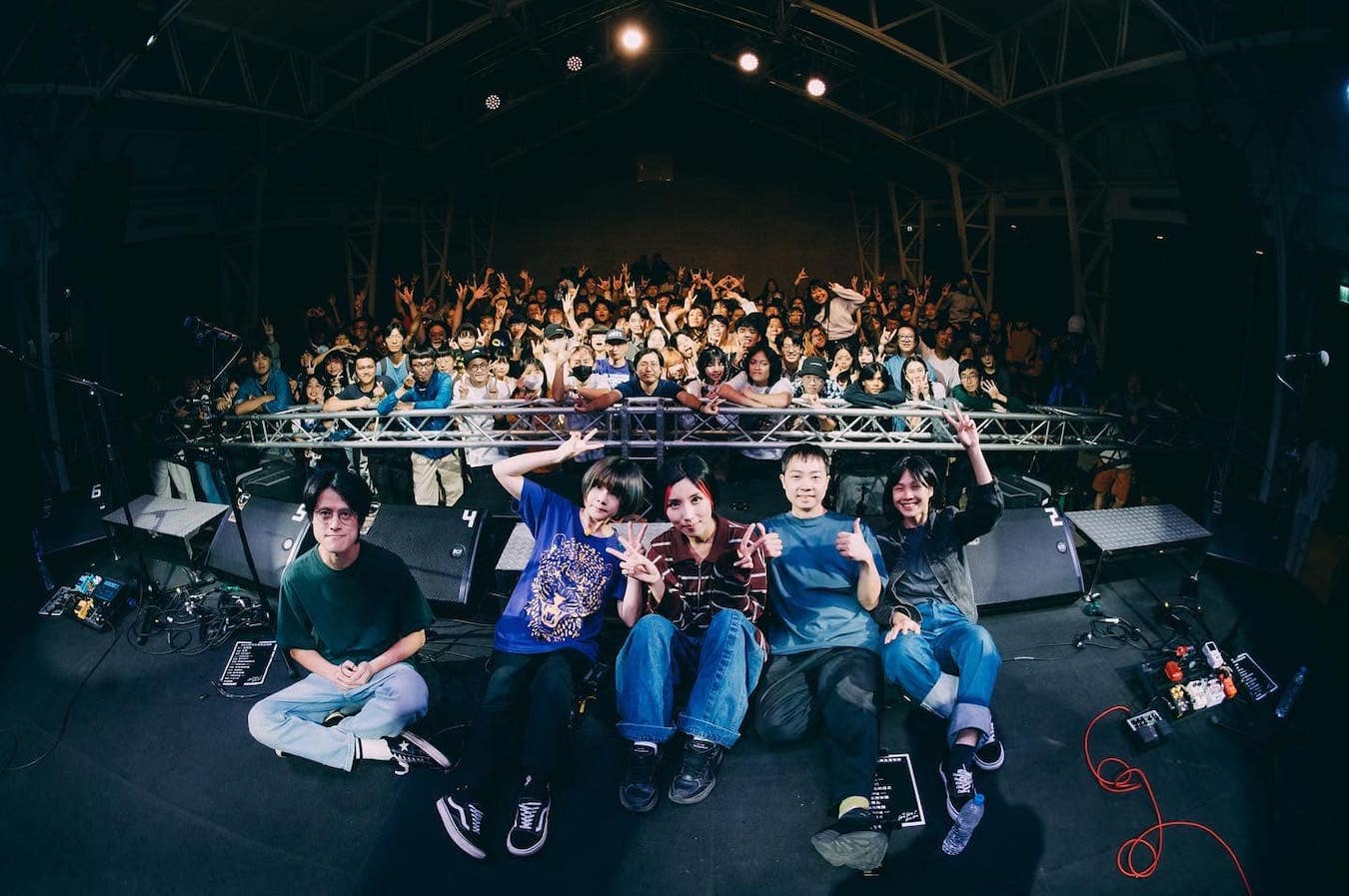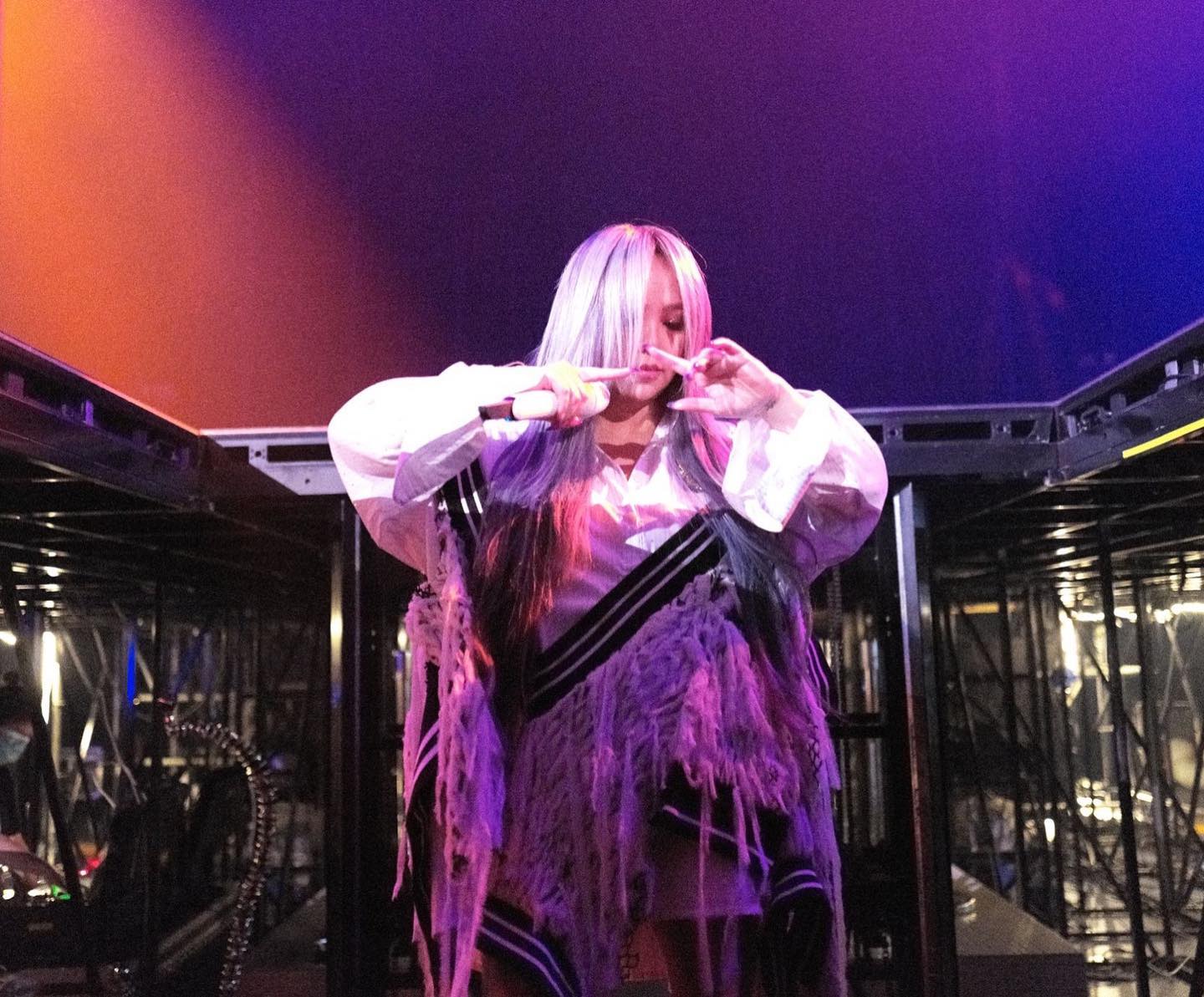by Brian Hioe
語言:
English
Photo credit: 張惠妹 A-mei/A-mit/Facebook
SEVERAL INCIDENTS in August involved Taiwanese musicians who faced restrictions or otherwise came under scrutiny while touring in China.
The two most widely reported cases involve Taiwanese musicians popular with the LGBTQIA community, A-mei and Jolin Tsai. A-mei is also known as A-mit or Chang Hui-mei.
On August 5th, Chinese attendees of an A-mei concert at the Cadillac Stadium in Beijing reported on social media that they were not allowed to wear clothing with rainbows on them at the concert. One participant reported coming under scrutiny for a shirt that changed colors under lighting, while another person reported being asked to wear a shirt with a rainbow on it inside out. Still another attendee reported being given black clothing to wear instead by security.
It was also noted by fans that the A-mei song “Rainbow” was not sung, while rainbows did not appear in the video for “Bad Boy” when it normally does.
A similar incident occurred with a Jolin Tsai concert in Shanghai on July 29th. The song “Rose Boy,” inspired by the suicide of Yeh Yung-chih, was not performed during the concert. Yeh Yung-chih, a high schooler who was bullied for being “too feminine,” killed himself in April 2000. The song was dedicated to his memory, as a result of which it was seen as an anthem for the LGBTQIA community.
The song was removed from the tour performance line-up when performed during other recent concerts by Jolin Tsai. Other elements of the tour were censored, such as the removal of the word “Bitch” from a display during the performance of the song “MR Q.”
The censorship of the performances by Tsai and A-Mei is a sign of growing repression against members of the LGBTQIA community in China. This is in line with restrictions in the Chinese media cracking down on depictions of “feminine men,” as well as the targeting of LGBTQIA organizations.

Photo credit: Shine&Shine&ShineShine/Facebook
In another incident, the Shine&Shine&ShineShine performed in China in early August, but made a comment on stage that they were “Happy to tour China.” Because such comments referring to the PRC as “China” and not “mainland”—which were interpreted as viewing Taiwan as a different nation than China–the next band, Curry 3000, refused to play. As a result, the venue had to refund the attendees of the concert.
Similar incidents had taken place in the past. Most recently, Taiwan’s flag bearer for the FISU World University Games came under scrutiny because of a post on Instagram about “going abroad.” This was also interpreted by Chinese netizens as an expression of support for the view that Taiwan and China are separate entities.
Such criticisms have befallen Jolin Tsai before as well. Tsai was attacked by Chinese netizens after commenting that she wanted to hug Tai Tzu-ying, Taiwan’s highest-ranked female badminton player, after her defeat to Chinese competitor Chen Yu-fei. Tsai was criticized for expressing support for Taiwanese athletes over Chinese ones, which was also interpreted as support for independence.
Perhaps this points to how Taiwanese musicians, entertainers, and other performers are increasingly under pressure in China. It may be that nationalist sensitivity about Taiwan continues to be acute, hence such backlash.



